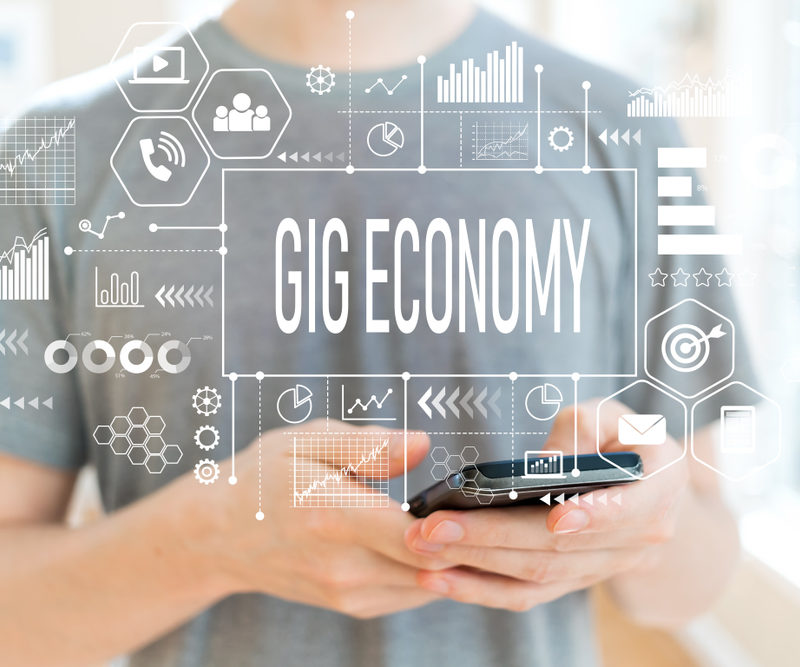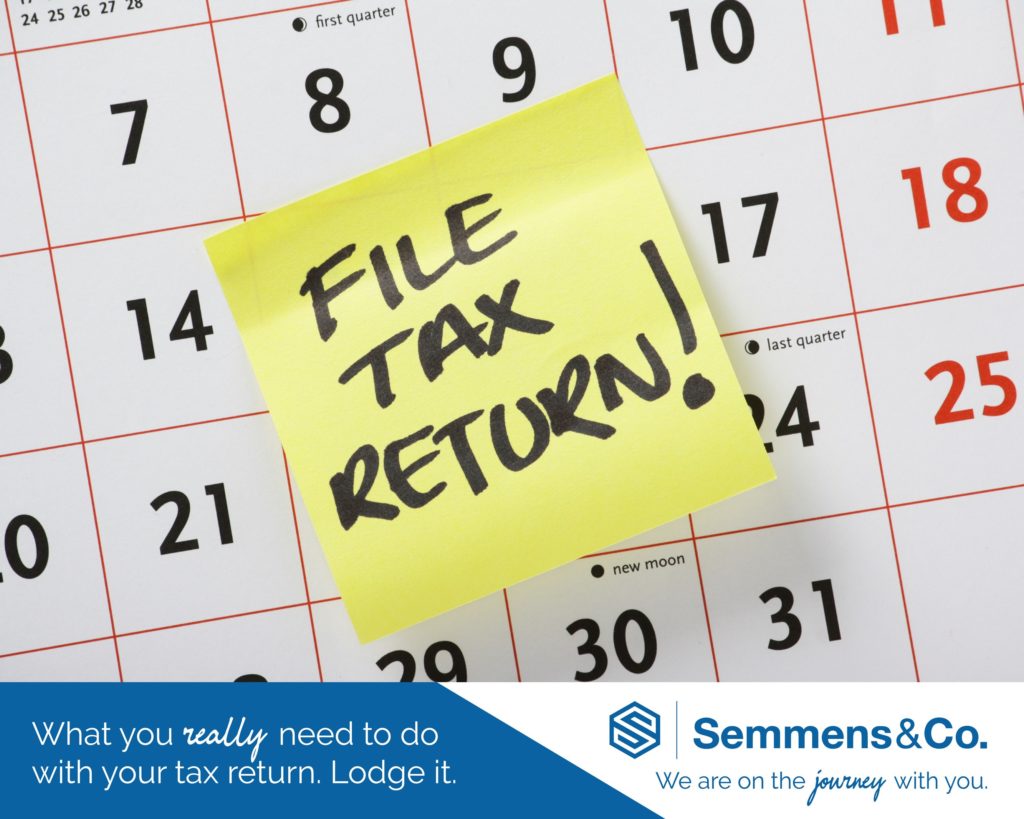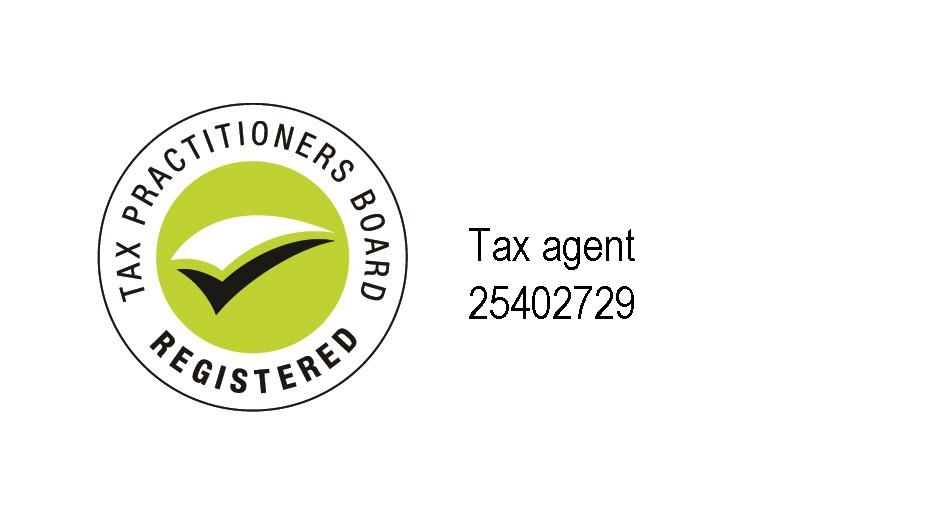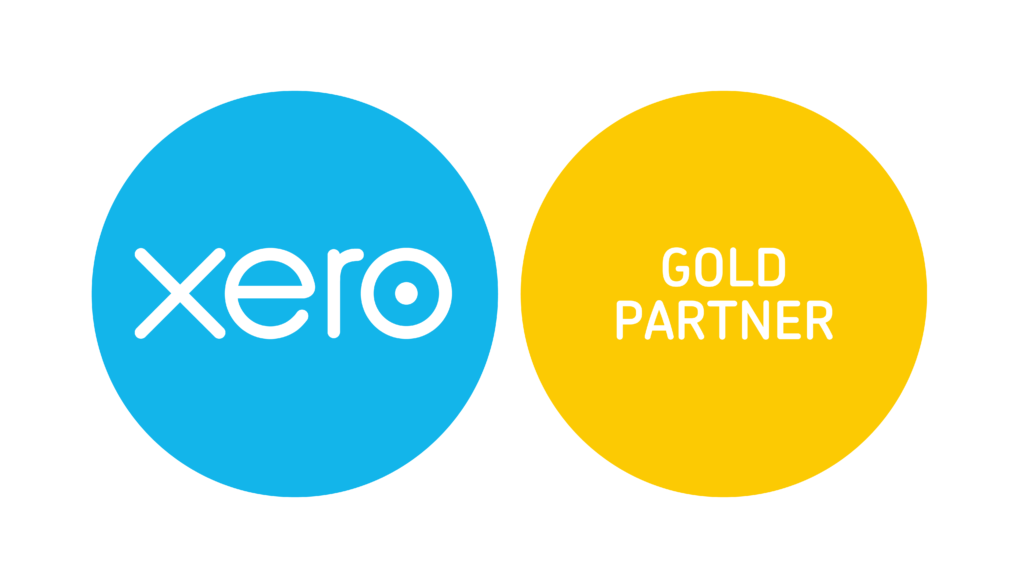The Gig Economy and Tax

If you’re providing services through the sale of your time, labour or skills via a digital platform for a fee (sometimes referred to as the ‘gig economy’ or just ‘on-demand’), you will need to report this income in your tax return.
Delivering Goods
When delivering goods utilizing an app or web platform like Eat Now, Hark Hark, Freightlancer or Sherpa, what you earn is assessable income and needs to be reported in your tax return.
Your Tax Obligations when Performing Tasks and Activities
If you are performing tasks and activities for other people that relate to home or private aspects of daily life, utilizing platforms like PKUP, Urban You or Paw Shake to find clients, you will be required to report your income.
Sometimes, this will involve providing occasional services or services in a peer-to-peer arrangement, however regardless of the timing, what you earn is still assessable income and needs to be reported.
Your Tax Obligations when Performing Professional Services
If you provide professional services through a platform like 99designs, OneFlare, or Upwork, you may be engaged in various ways, such as an employee or independent contractor, peer to peer or as a business providing services. However, what you earn is still assessable income and needs to be reported in your tax return.
What It Means for You
As an entrepreneur of the gig economy, you provide services (tasks, activities or professional services) in return for a fee, the income you earn is deemed assessable and needs to be reported in your tax return – even if it’s a one-off payment. It doesn’t matter whether you are an employee, independent contractor, carrying on a business, or none of these, the same rule applies.
Further, if you are carrying on a business, your obligations remain the same, whether you source your work through the gig economy or through traditional methods, such as tenders, contracts or word-of-mouth.
However, you can claim deductions for any expenses you incur related to earning the income and, you’ll need to keep records to support these claims.

Superannuation and the Sharing Economy
Superannuation (super) is money set aside during your working life for when you retire.
If you’re providing services through the gig economy, having super paid on your behalf into a super fund will depend on your working arrangements with the platform. If you’re:
- an employee, you’re typically entitled to compulsory super contributions from your employer
- a contractor, you may still be entitled to super if you are paid wholly or principally for your labour.
Albeit most often, when earning money through the gig economy, there isn’t someone paying super on your behalf. If you’re not entitled to have super paid on your behalf, it is wise to boost your super by making your own contributions – which also attracts a income tax deduction.
Preparing for a Potential Tax Bill
Income earnt from the gig economy may not have tax withheld, which means you may attract a tax bill when you lodge your return.
In order to manage your tax position more effectively, you can choose to make a payment to the ATO, regularly or once off, to go towards any future potential tax bills. Further, you can make payments at any time and as often as you like. Any payments made towards your tax debt, before it falls due, will remain on your account unless you, or your agent, request a refund. This option will ensure you don’t get a large tax bill at the end of the financial year, and you can pay in regular instalments to help cover any income tax you may need to pay on your gig economy income.
If you pay too much during the year, you will get the money back when you do your tax return. If you don’t pay enough during the year, you’ll pay the difference when you do your tax return – but it will be less than if you didn’t pay anything at all. Alternately, if you have an existing tax debt, prepayments may be used to offset the debt.
Data Matching
The ATO requests data from digital platforms operating in Australia to identify people who earn income through the sharing economy. This approach ensures people who earn an income through the sharing economy understand and meet their tax obligations, including their registration, lodgement, reporting and payment obligations.
If you have any questions or need advice and clarity specific to your business, feel free to contact Semmens & Co on 03 8320 0320 for a free consultation.







